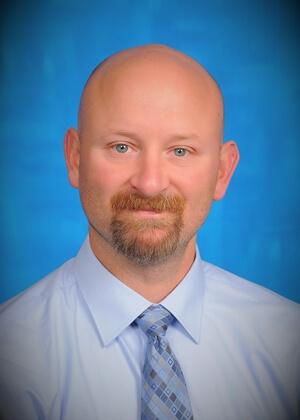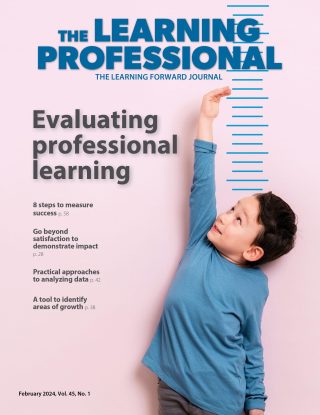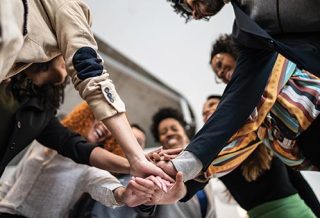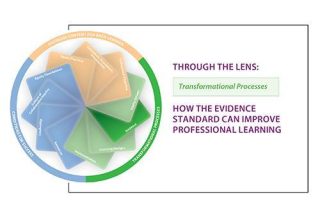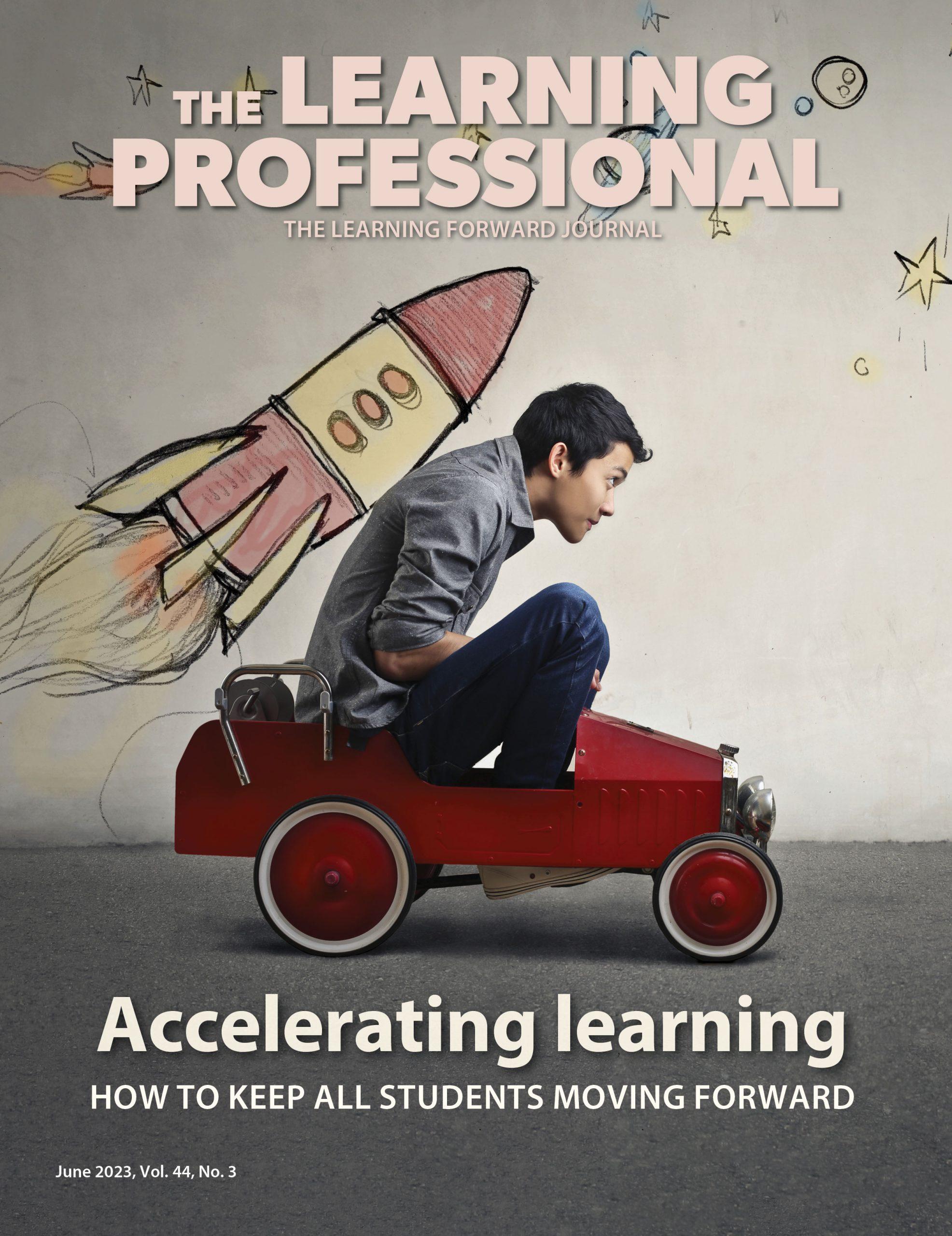FOCUS
Bridging the distance
One-on-one video coaching supports rural teachers
By Cynthia D. Carson, Cynthia H. Callard, Ryan Gillespie, Jeffrey Choppin and Julie M. Amador
Categories: Coaching, Online learning, Standards for Professional Learning, TechnologyDecember 2019
Vol. 40, No. 6
Read the remaining content with membership access. Join or log in below to continue.
Sed ut perspiciatis unde omnis iste natus error sit voluptatem accusantium doloremque laudantium, totam rem aperiam, eaque ipsa quae ab illo inventore veritatis et quasi architecto beatae vitae dicta sunt explicabo. Nemo enim ipsam voluptatem quia voluptas sit aspernatur aut odit aut fugit, sed quia consequuntur magni dolores eos qui ratione voluptatem sequi nesciunt. Neque porro quisquam est, qui dolorem ipsum quia dolor sit amet, consectetur, adipisci velit, sed quia non numquam eius modi tempora incidunt ut labore et dolore magnam aliquam quaerat voluptatem.
How Learning Forward's Standards guided our work
The Standards for Professional Learning (Learning Forward, 2011) guided the development of the online video coaching model, especially the following standards:
Learning Communities
Because our model took place in an online space, coaches had to be cognizant of, and explicitly work toward developing, safe, collaborative relationships. We developed norms of collaboration and relational trust by encouraging coaches and teachers to meet informally online before their first coaching cycle.
This initial meeting helped the teacher and coach get to know each other by inquiring about each other’s background, the background of the students in the class, the curriculum, and their goals for their coaching work. In subsequent coaching meetings, coaches continued to be explicit about their focus on the teacher’s goals for improving instructional practices and worked together to construct those goals.
In addition, coaches frequently reminded teachers that they were there as nonevaluative support for the teacher to reflect on and improve his or her practice.
Resources
Because many rural districts are strapped for personnel funding, we made sure that the components of the online video coaching sessions could take place during teachers’ planning time or outside of their school day so that we did not draw on district resources for substitutes.
We used Zoom and Google, as no-cost platforms, for communicating and sharing documents. And because time is a precious resource, especially in rural communities where many teachers often hold responsibilities in addition to teaching, we prioritized schedule flexibility with asynchronous meetings and video viewings.
Learning Designs
We grounded our coaching model in research about online and video coaching and face-to-face coaching (e.g. West & Staub, 2003). We capitalized on the asynchronous nature of the online model to incorporate feedback and reflection, which coaching research shows are essential.
Implementation
The ultimate goal of the model is to support continuous improvement to allow “educators to move along a continuum from novice to expert through application of their professional learning” (Learning Forward, 2011, p. 44). The coaching provided is job-embedded, long-term, and allows for follow-up and new cycles to build on past ones.
Outcomes
There is a constant focus on both student and teacher learning outcomes. Throughout the three phases of the model (planning, implementation, and reflection), discussions and practices emphasize student learning of mathematical ideas represented in national and state standards. To get to these outcomes, the teacher and coach co-construct detailed goals for the teacher’s knowledge and practices.
References
Gaudin, C. & Chaliès, S. (2015). Video viewing in teacher education and professional development: A literature review. Educational Research Review, 16, 41-67.
Hrastinski, S. (2008). Asynchronous and synchronous e-learning. Educause quarterly, 31(4), 51-55.
Knight, J. & van Nieuwerburgh, C. (2012). Instructional coaching: A focus on practice. Coaching: An International Journal of Theory, Research and Practice, 5(2), 100-112.
Learning Forward. (2011). Standards for Professional Learning: Quick reference guide. Journal of Staff Development, 32(4), 41-44.
West, L. & Staub, F.C. (2003). Content-focused coaching: Transforming mathematics lessons. Portsmouth, NH: Heinemann.
Categories: Coaching, Online learning, Standards for Professional Learning, Technology
Recent Issues
TAKING THE NEXT STEP
December 2023
Professional learning can open up new roles and challenges and help...
REACHING ALL LEARNERS
October 2023
Both special education and general education teachers need support to help...
THE TIME DILEMMA
August 2023
Prioritizing professional learning time is an investment in educators and...
ACCELERATING LEARNING
June 2023
Acceleration aims to ensure all students overcome learning gaps to do...


